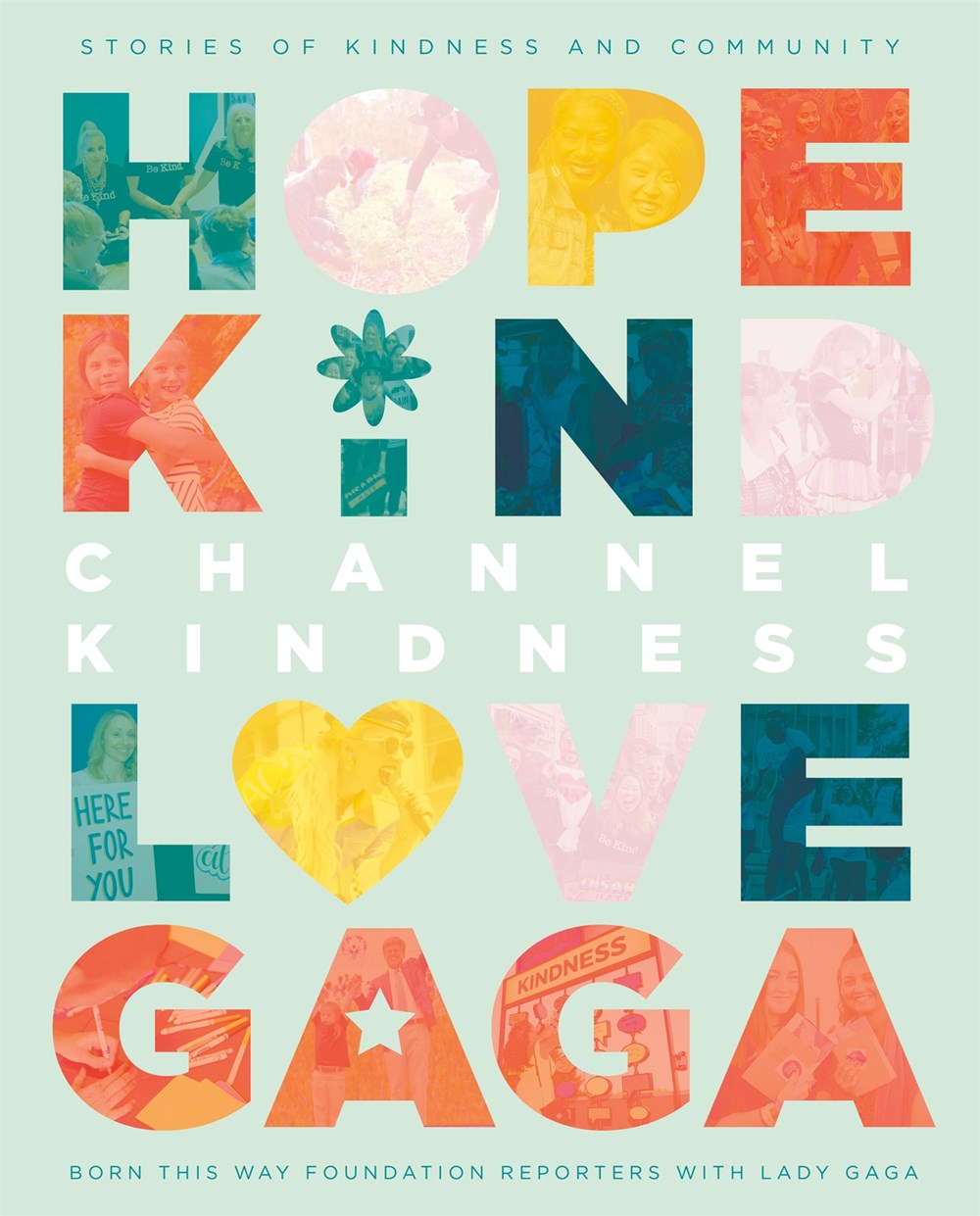Channel Kindness Q&A Series: Meet Perri, Hanna, Tyrah, and Josh!
September 16, 2020 | 9:00 AM
Channel Kindness Q&A Series: Meet Perri, Hanna, Tyrah, and Josh!
By Team Fierce Reads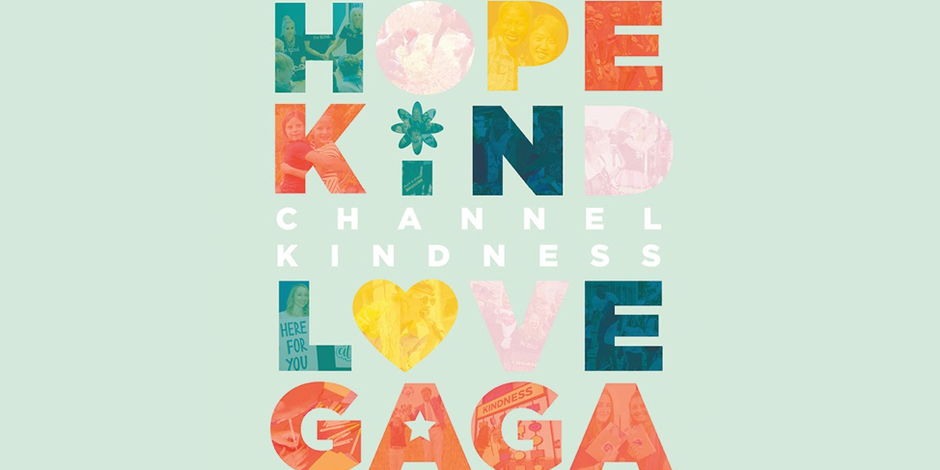
Channel Kindness is a collection of must-read inspirational stories from young people, with notes of empowerment by Lady Gaga. Meet Perri, Hanna, Tyrah, and Josh, four young changemakers who are working to make our world a braver and kinder place.
